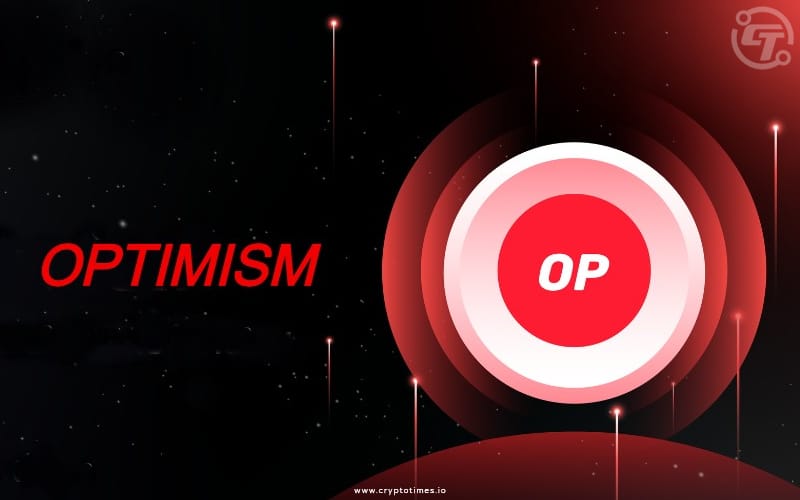Last week, the Delta hardfork was rolled out across several optimism-based chains, including OP Mainnet, Base, and Zora. This update, designed to cut down on the fixed overhead costs associated with Layer 1 fees, has delivered significant reductions as anticipated.
According to OP Labs, the developers behind Optimism, the Delta hard fork has successfully streamlined blockchain operations, leading to lower costs for chain operators.
OP Labs showcased the efficiency of the Delta hardfork in trimming fixed overhead costs through data from Zora-sepolia, revealing a remarkable 90% decrease in these expenses. This reduction has translated into increased revenue generation for Zora.
OP Labs expressed their anticipation that this upgrade will facilitate wider adoption of the OP Stack by lightening the fee burdens for all chain operators.
The Delta upgrade introduced Span Batches, a crucial feature that consolidates consecutive Layer 2 blocks into a single batch, effectively decreasing the volume of data required to be posted to Ethereum. Test in Prod, with initial input from researcher Protolambda, developed this feature.
Optimism encompasses a network of Layer 2 chains, collectively referred to as the Superchain, which employ optimistic rollups to lower transaction costs for dApps. Governance over this ecosystem is facilitated by a DAO called the Optimism Collectible.
Also Read: Optimism Celebrates NFT Creators with a $41 Million Airdrop







